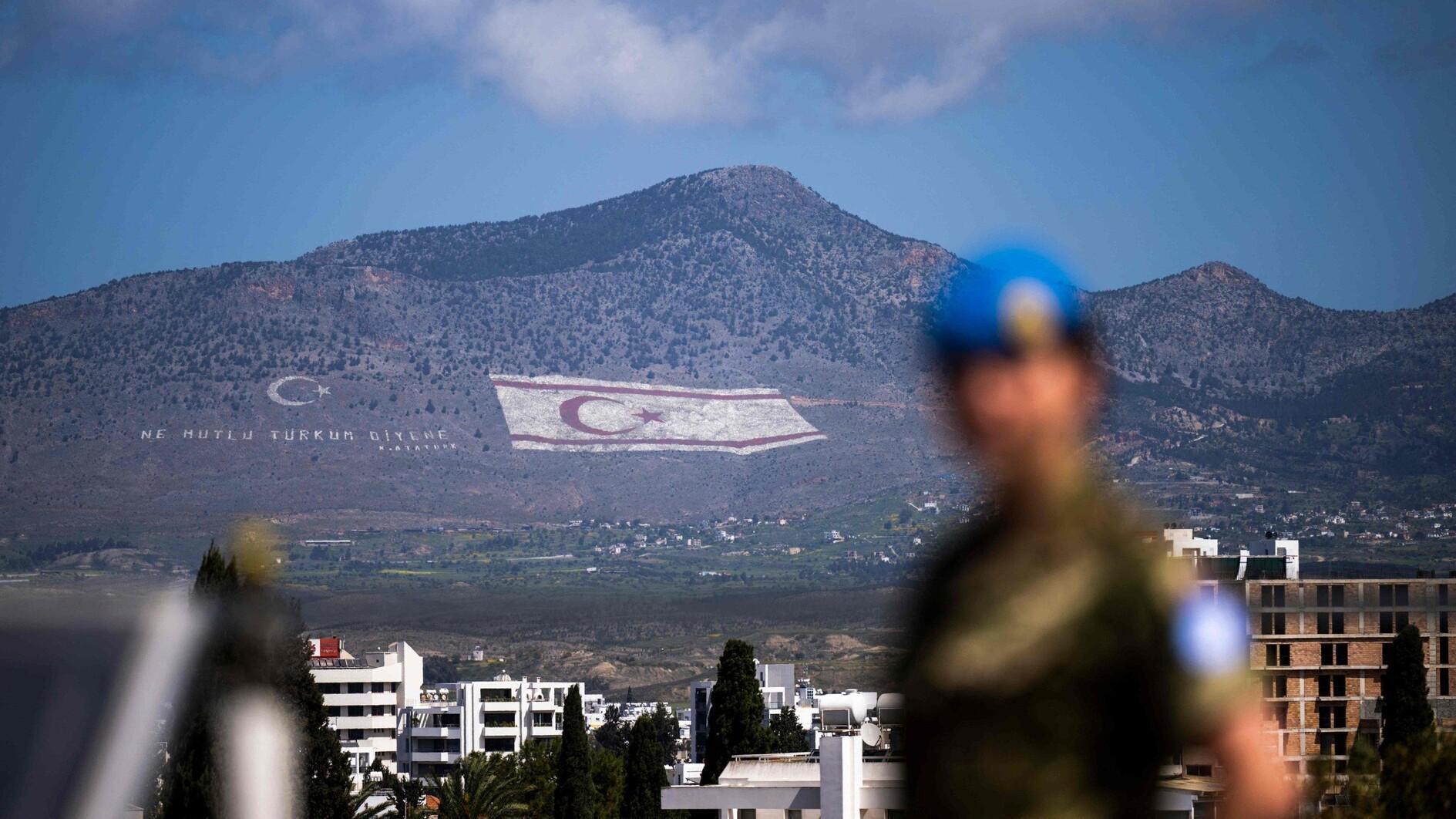Turkey wakes up to ‘jihadist’ terror
With the kidnapping of some 80 Turkish citizens in Mosul by the notorious ISIL (“Islamic State of Iraq and the Levant”), more Turks finally realized that “jihadists” could be a lethal threat. Because, for a long time, both the AKP (Justice and Development Party) government and its base believed the only problem beyond our southern borders was the bloody tyranny of Bashar al-Assad. The rest, they believed, were only trivial.
The bloody tyranny of al-Assad, of course, has been a huge problem in Syria. However, it is also a fact that the armed opposition against this regime, which initially emerged as a demand for a more democratic system, was soon joined by Islamist extremists. These people called themselves “jihadists,” and some of them began committing atrocities that in fact violated even the medieval rules of jihad. (According to those rules, for examples, civilians can never be targeted at war.) Soon, the most fanatic among these jihadists organized under the banner of ISIL, and unleashed a reign of violence that proved too much even for al-Qaeda, which the group initially claimed to follow.
Turkey, unfortunately, did not pay much attention to these extremists for quite some time, because for Ankara, anybody who fought al-Assad was good a guy. When another al-Qaeda offshoot, al-Nusra, was condemned by the United States in December 2012 as a “terrorist group,” Ankara disagreed. Many rumors spread during 2013 that Turkey was helping al-Nusra against both the al-Assad regime and the Kurdish groups in Syria. Only about a week ago, Ankara joined its Western allies in condemning al-Nusra as a terrorist group. The threat of ISIL was acknowledged relatively earlier, but became a burning reality only with the recent incident in Mosul.
In short, there has been some blindness to the trouble with violent jihadists in Syria and Iraq. If one reason for this was Ankara’s fixation on the al-Assad regime as the only evil, the other, I believe, was its ideological uneasiness with accepting that Islamists can do terrible things.
The problem, in other words, was not that Ankara approved the atrocities committed by the jihadists. The problem was these atrocities were either denied as al-Assad’s propaganda or whitewashed as retaliation to worse horrors. It was a bit like Europe’s Cold War-era romantic socialists who could not make themselves believe Comrade Stalin was, in fact, a mass murderer. (In a self-critical note, I must say that I, too, did not see the emerging jihadist problem within the Syrian conflict in its earlier stages.)
Now is the time to correct this ideological lens, and acknowledge that a part of the problem in Syria and Iraq is indeed fanaticism in the name of Islam. (Thus it is frustrating to see that certain Islamist writers in Turkey still miss the point, but throwing conspiracy theories on how the ISIL is, in fact, a pawn of the Americans or the British. You can check daily Yeni Şafak to see what I mean.)
What we Muslims ultimately should see is the Islamic world is going through what President Abdullah Gül recently defined as our “dark age.” The fierce struggle over power and religion is tearing our region apart, as it did in Medieval Europe. And we will find the way out only through the very tools Europe used to find the way out: Criticism and reform among ourselves and pluralism and liberty for all.











